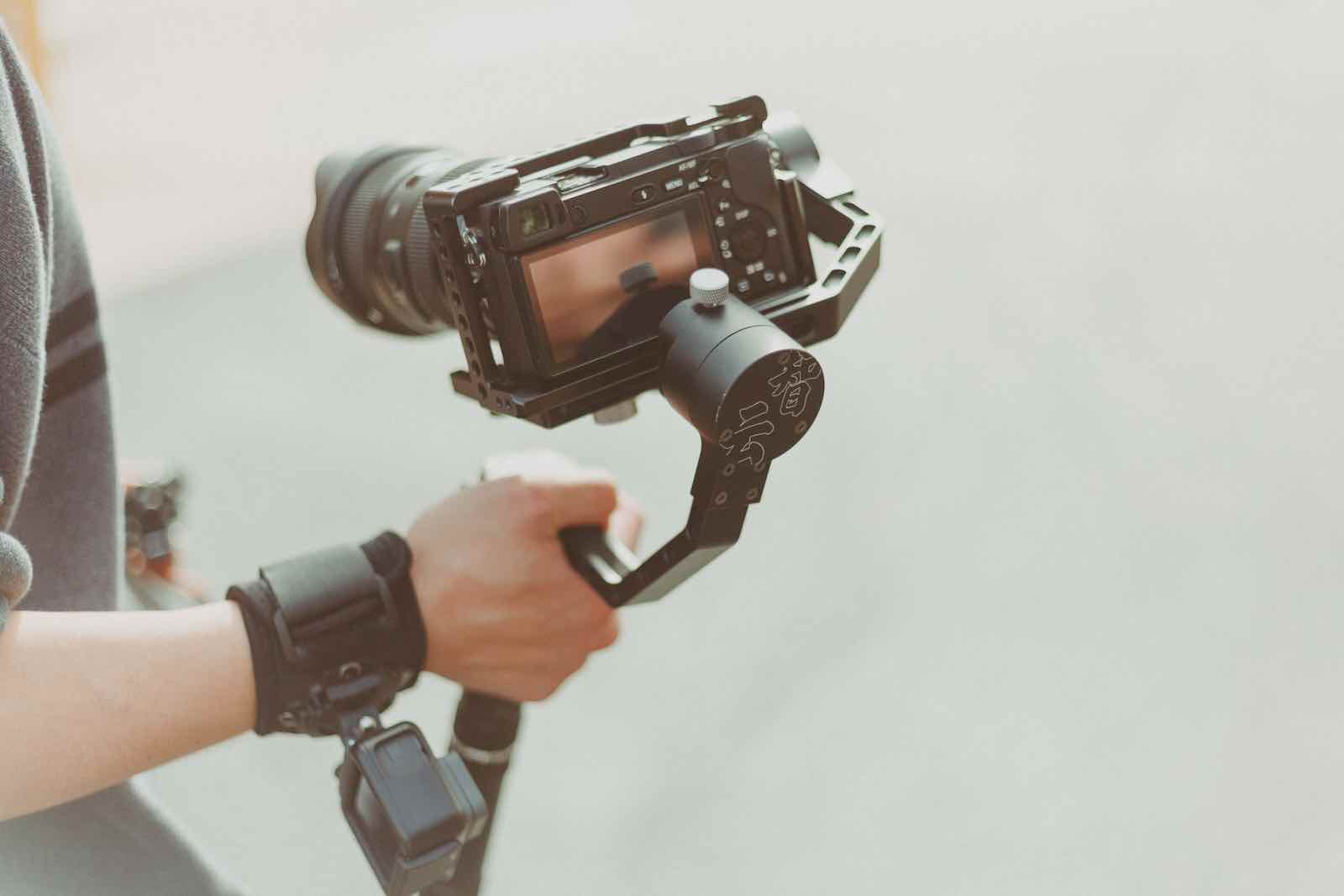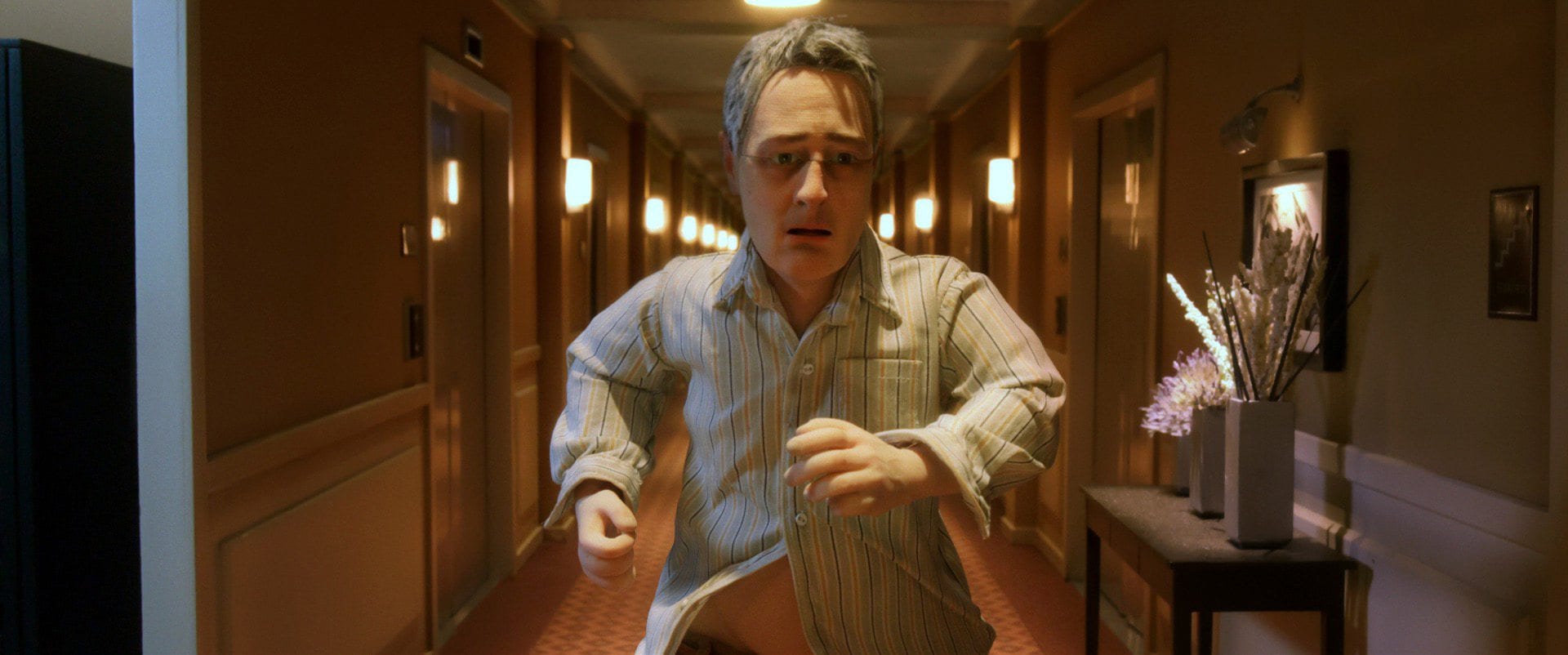What if you can only write big stuff in your screenwriting?
7. Avoiding the slush pile: Why your great idea might not actually be filmable
Do you toss and turn at night, dreaming you’re in the middle of some outrageous Michael Bay set piece with King Kong playing fisticuffs with the Iron Giant on top of the Death Star? Oh my do we have something for you!
Big ideas should never be shown the door. If they were, we would never have had Avatar, Star Trek, The Avengers, or Troll 2: all those big-budget hunks of awesomeness you’re just in the mood for sometimes.
Sometimes you fancy having your socks blown off. Someone’s gotta write ‘em, right? But obviously you ain’t got the bucks nor the hookups, so we have something for you to take home and think about over a gin & tonic (or artisanal ginger beer).

Every writer starts at zero
All those big directors churning out blockbusters had to start somewhere – and that somewhere was in the zone of zero budget, in which the only currency at their disposal was creativity and they could imply what was going on without actually having to show it.
Think of the Cloverfield films, works of pop culture genius. The first movie admittedly had a modest budget, but it’s fiendishly clever how the spellbinding suspense is maintained while never showing the monster itself.

The sequel, 10 Cloverfield Lane, which had only half its predecessor’s budget, is the perfect example from which to learn. Most of the story takes place in the confines of a safehouse, but it’s still megascary and tenser than Arnold Schwarzenegger’s quads.
You’re creative as hell, right? But no one has noticed you yet, so you need to prove it. Prove you can write a boss film with no more than one simple location and two measly characters. If you’re feeling ballsy, just have one character!
![]()
Think about how you can write a hair-raising short film without leaving that one single room. Let the challenge commence! What’s going on outside? Why are they trapped in there? Take this for example:
America is at war. There was an attempt on the president’s life and his bodyguard has escorted him to a safehouse. The president has lost all hope in the war and is contemplating pushing the red button: one phone call, that’s all it takes.
The bodyguard’s brother is fighting in the country he wants to obliterate. If the president presses the button, his bodyguard’s brother will die along with everyone else, while the president fears if he doesn’t act now, they could lose the war.

The conflict is real! There is a ton at stake. You have two enticing and very different characters fiercely debating morals among the backdrop of a nuclear war. You can slap a countdown timer in there to turn that pressure cooker up to ten: stakes, conflict, pressure, a countdown, one room, two characters.
All of this could be filmed on essentially zero budget. A safehouse can take any form, so it could be filmed in any room anywhere. You only need two actors in suits, one conservative and one black. Job done – filmable, exciting, creative, topical.

How to slim down your screenplay concept
This approach is not only useful for action movie addicts – it can be useful for any film writing when you need something explosive. For example, say you’re writing a story about an assassin who wants redemption and tries to reconnect with his old life.
You need a big scene in the first act that will be just too big for him to live with, making him want to start that new life. The story itself is a quiet, relaxing inner journey – but you need that bigass early scene to set the personal exploration going. Such a script can be written on a budget tighter than Wolverine’s spandex super suit.

Once you start thinking in this way, you’ll start to notice how the pros use these techniques too. Studios are always up for saving a few grand if they can. Keep an eye out for how subtly screenwriters can create pulse-pounding suspense using as little means as possible.
It’s highly important for an aspiring screenwriter to be aware of the boon of limited means; productions are slapped in the face with budget restrictions continually, and you’ll have to rewrite scenes accordingly. You may not like it, but that’s the reality.

Homework
Task 1
Bingewatch
Sitting comfortably? It’s time to get a numb butt and put some serious hours into watching – remember, it’s part of your education. You’re going to learn all about micro-budgets and large budgets and why sometimes a bigger budget doesn’t make a better movie.
- Watch a gargantuan budget movie. We suggest Bright ($90 million) or Avengers Infinity War ($321 million).
- Then watch The Florida Project ($2 million) or The Blair Witch Project ($60k).
- Bear in mind in Hollywood $15 million is considered “low-budget”, so $2 million is micro-budget.
- Get out your notepad and scribble some observations.
- In the low-budget movies, note the use of locations to keep costs down.
- Note the number of actors and special effects used in each movie.
- Ask yourself at the end: was I gripped? Did I enjoy that movie?

Task 2
Think of your script as a micro-budget movie
This task will give you an idea of the limitations filmmakers and screenwriters face when their projects go into production and help you focus on infusing the narrative structure with a strong sense of story.
- Think of your current script project as a micro-budget movie.
- Think about locations you have access to and adapt your screenplay around these locations.
- Think about how much your movie would cost to shoot.
- Create a mock budget, keeping costs as low as possible.
Extra credit
Would your working movie title work regardless of the budget? Why so or why not?







